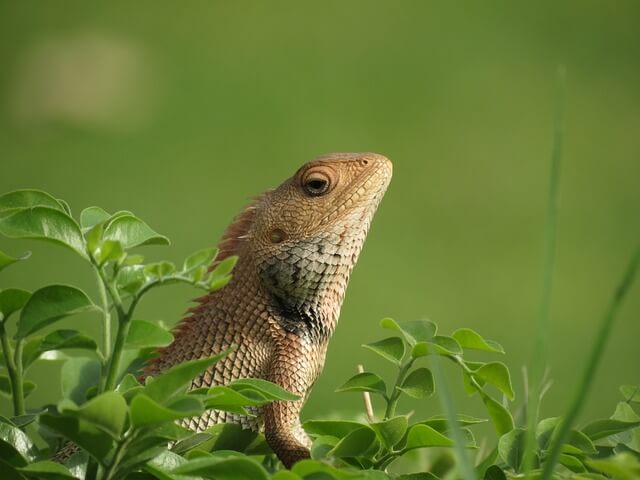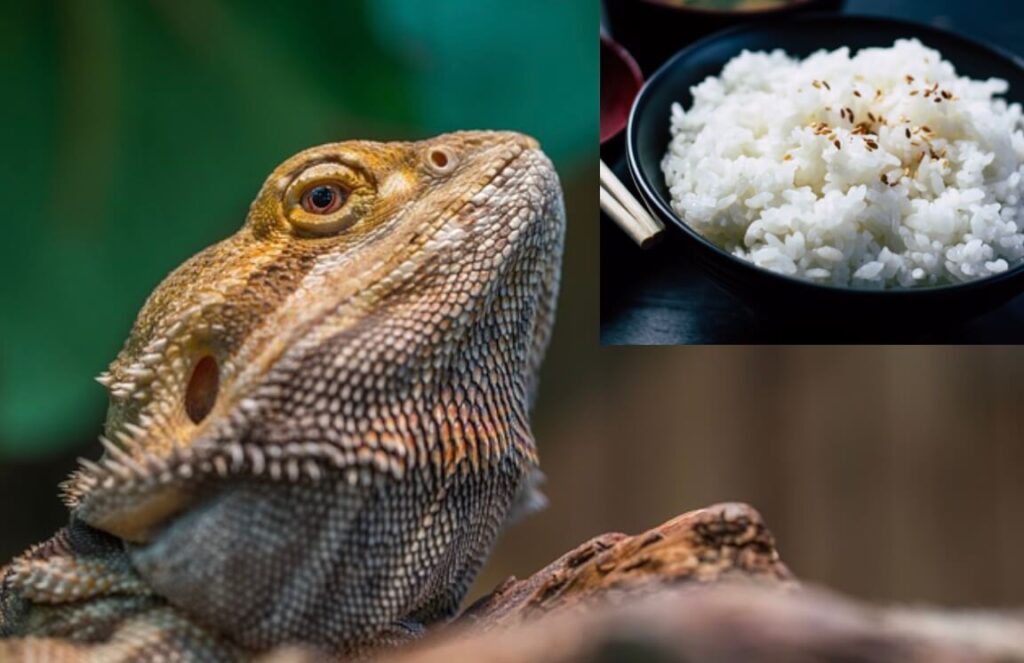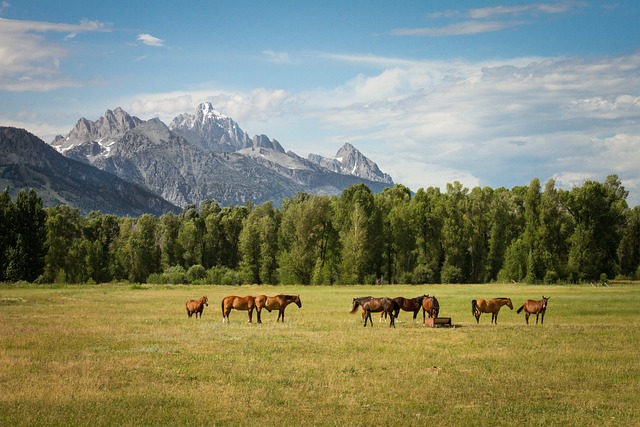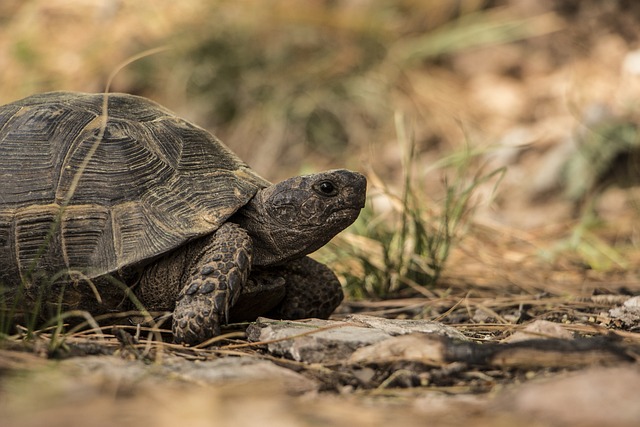If you’re wondering “can bearded dragons eat rice?” the answer is no, bearded dragons cannot eat rice. If they eat a small amount off the floor, they will be fine, but refrain from giving them rice regularly. Bearded dragons should refrain from eating rice and all grains, cooked or raw, as their digestive tracts don’t have the necessary enzymes to digest it properly.
Can bearded dragons eat rice?
- Can bearded dragons eat rice?
- Why can’t bearded dragons eat rice?
- Frequently Asked Questions (FAQ)
- Foods bearded dragons can eat:
- Getting your bearded dragon calcium:
- Vegetables to feed your bearded dragon:
- Insects to feed your bearded dragon:
- How often should you feed a bearded dragon?
- What should a bearded dragon not eat?
- Recap: Can bearded dragons eat rice?
Why can’t bearded dragons eat rice?

Bearded dragons have sensitive digestive systems, and it’s difficult for them to break down the starch found in rice. As well, if they eat too much rice, it can become toxic for them and make them sick.
Frequently Asked Questions (FAQ)
Can bearded dragons eat cooked rice?
No. Even cooked, rice contains starch that bearded dragons can’t digest properly. It will hurt their stomachs.
Is white rice good for bearded dragons?
No – white rice, and all grains, contain starches that are harmful to bearded dragon’s stomachs. Refrain from feeding them any and all rice.
What foods do bearded dragons love most?
Bearded dragon’s favorite food would have to be live bugs, which is typically crickets or roaches.
What is the fastest way to hydrate a bearded dragon?
Use these methods to quickly hydrate your bearded dragon:
- Give them a bath
- Drop a few insects into their water bowl – they will gulp up water as they go for the insects
- Spray their tank walls and floor with water – they will likely lick at it
- Use a syringe to drop water directly into their mouths
What can I feed my bearded dragon if I don’t have food?
If you don’t have food, you can look for insects around the house. However, it’s important they don’t have pesticides on them. They can eat quite a lot of human food – fruits like watermelon and peaches will do the trick.
What calms bearded dragons?
Baths calm bearded dragons down, followed by a nice cuddle in a warm soft towel. Keep the room quiet to keep them calm as well.
Should bearded dragons eat everyday?
It depends on their age, but try to feed young bearded dragons two to three times daily, and older ones daily or every two days. Each beardie is different, so try out different time tables to see what they like and what works best for your schedule.

Foods bearded dragons can eat:
If you’re wondering what you should feed a bearded dragon, read our guidelines below. Bearded dragons are insectivores, which just means they thrive on insects as well as plant materials.
If you have a juvenile bearded dragon (between six and eighteen months old), give them about 80% vegetables and 20% live insects.
As your bearded dragon transitions into adulthood, give them the inverse, so 20% plant materials and 80% insects.
Getting your bearded dragon calcium:
Calcium is especially vital to a bearded dragon, especially a young one that is still growing. There are several ways to introduce more calcium into your beardie’s diet:
- Add in more high calcium vegetables like dandelions, bok choy, and collard greens.
- Dust calcium powder over their insects and vegetables to increase calcium levels.
- Make sure they’re getting their 12 hours of UVB exposure as they need this light to be able to properly absorb nutrients.
Vegetables to feed your bearded dragon:
- Peas
- Dandelion
- Green beans
- Cabbage
- Zucchini
- Pumpkin
- See our full list of vegetables to feed your bearded dragon
Note: Bearded dragons can also eat fruit in moderation. See here for a complete list of fruits bearded dragons can eat.
Insects to feed your bearded dragon:
- Crickets
- Kingworms
- Waxworms
- See our full guides to insects you can feed your bearded dragon and worms to feed your bearded dragon
Quick note: Live insects raised by you or bought from the pet store are best because they’re definitely pesticide free.
How often should you feed a bearded dragon?
During the first 3-6 months of your beardie’s life, try to feed them four to five times a day by giving them as many insects as they’d like in 10 minutes. They’re growing and need lots of protein during this stage.
Reduce the number of feedings to about two to three times a day when they’re growing into their juvenile years (between six and eighteen months).
As they become an adult, you can feed them once daily.
What should a bearded dragon not eat?
Avoid feeding your bearded dragon:
- Onions
- Leeks
- Chives
- Mushrooms
- Garlic
- Acidic fruit like oranges, lemons
- Rhubarb (can be toxic to them)
- Avocados (surprisingly, these make them ill)
- Eggplant
- Insects caught in the wild (there may be pesticides covering them)
- Venomous insects
- Dairy of any kind
- Rice and grains of any kind
- Frogs or toads
- Ham or other processed meats
Recap: Can bearded dragons eat rice?
- Bearded dragons should not eat rice, they can not digest it.
- If they’ve accidentally eaten a little rice, that’s fine, but stop feeding it to them after you’ve caught them eating it.
- Feed them insects and plants as part of a healthy diet.
For our full list of food to feed a bearded dragon, see our guide here.
Related articles:



